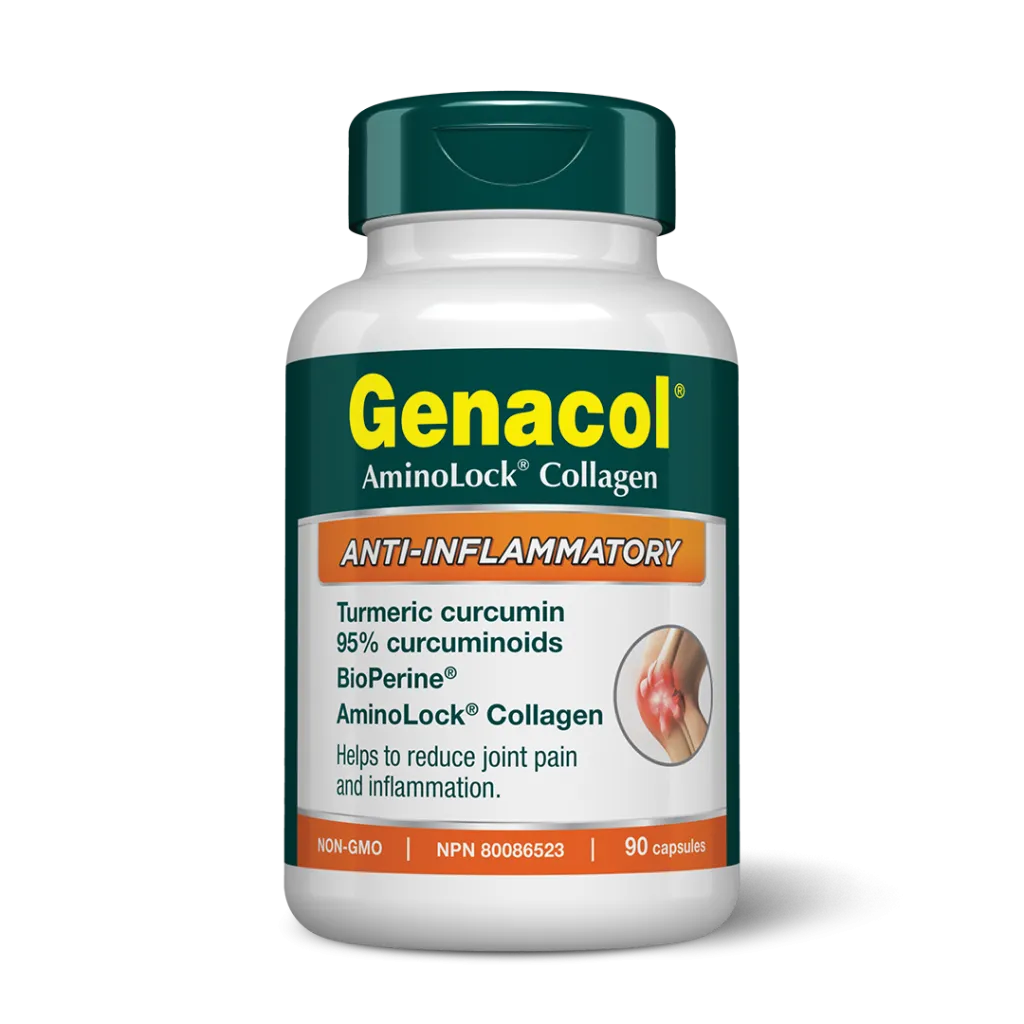Joint pain is a daily challenge for many people, often worsened by persistent inflammation.
As part of our commitment to helping you naturally manage your joint pain, we have created this guide to support you. Discover which foods to prioritize to soothe joint inflammation and which to limit to improve your overall well-being.
Diet has a significant impact on inflammation in the body through various mechanisms. Omega-3 fatty acids, found in fatty fish, and antioxidants in fruits and vegetables are known for their anti-inflammatory effects.
On the other hand, foods high in added sugars, saturated fats, and trans fats can trigger inflammation by increasing oxidative stress and boosting the production of pro-inflammatory cytokines, molecules linked to exacerbating the body’s inflammatory response.
Cytokines are small proteins that enable communication between the cells of our immune system. They play a key role in regulating inflammation and defending the body against infections.
Essentially, cytokines act as messengers that tell immune cells when and where to intervene. For instance, they can direct immune cells to an infected area to help fight off a virus or repair damaged tissues.
However, an overproduction or underproduction of cytokines can lead to various issues, such as excessive inflammation or autoimmune diseases, where the immune system mistakenly attacks healthy cells in the body.
The gut microbiota also plays a crucial role, as a diet rich in fibre and specific nutrients promotes the growth of beneficial bacteria that reduce inflammation. Additionally, low-glycemic index foods help stabilize blood sugar levels, limiting inflammatory responses triggered by rapid fluctuations in blood sugar.
A microbiota is the collection of microorganisms, such as bacteria and viruses, that live within our bodies. It is primarily found in the intestines but also on the skin and other parts of the body. The gut microbiota plays a vital role in digesting food, producing specific vitamins, and strengthening the immune system.
Moreover, it significantly influences overall health, and an imbalance in this microbiota can cause issues such as obesity or digestive disorders. Each person has a unique microbiota shaped by their diet, environment, and the use of certain medications.
We have just demonstrated that food choices can directly impact inflammation levels, thereby influencing joint health and overall well-being.
It is crucial to monitor the consumption of certain food groups to prevent inflammatory responses. While it may be challenging to eliminate them completely from our diet, it is important to consume them in moderation.
Foods high in added sugars, such as candies, pastries, sodas, and other sweetened drinks, can cause spikes in blood sugar levels and stimulate the production of pro-inflammatory cytokines.
Found in many ultra-processed foods such as packaged chips, industrial pastries, hydrogenated margarine, and fried foods, trans fats are closely linked to inflammation. They increase levels of LDL (bad cholesterol) and triglycerides, thereby contributing to inflammatory responses.
Refined carbohydrates, such as white bread, white rice, white pasta, and baked goods, are quickly digested and can lead to spikes in blood sugar levels. These rapid fluctuations in blood sugar promote inflammatory responses in the body.
Processed meats, such as sausages, bacon, deli meats, and smoked meats, often contain high levels of unhealthy fats, salt, and preservatives like nitrites. These compounds can influence cellular inflammation and increase oxidative stress in the body.
Excessive alcohol consumption can disrupt the balance of gut bacteria and lead to inflammation. Additionally, alcohol can damage the liver, a crucial organ for regulating inflammatory responses in the body.
These foods and categories of foods should be consumed as often as possible. Not only are they beneficial for controlling inflammation, but they also contribute to improving overall health and preventing many diseases.
Rich in antioxidants, vitamins, minerals, and fibre, fruits and vegetables play a vital role in reducing inflammation. Berries, citrus fruits, leafy greens, tomatoes, and cruciferous vegetables like broccoli are especially beneficial.
Fish such as salmon, mackerel, sardines, and herring are rich in omega-3 fatty acids, known for their anti-inflammatory properties. These healthy fats help reduce the production of inflammatory molecules like cytokines.
Nuts, almonds, flaxseeds, and chia seeds are excellent sources of omega-3s, fibre, and magnesium. These nutrients help reduce inflammation while supporting overall health.
Unrefined vegetable oils, such as extra virgin olive oil, flaxseed oil, and canola oil, are rich in monounsaturated and polyunsaturated fats, which are beneficial for reducing inflammation. Olive oil contains oleocanthal, a polyphenol with anti-inflammatory effects like those found in green tea and red wine.
Quinoa, oats, brown rice, and whole wheat bread, rich in fibre and nutrients, help regulate the inflammatory response by stabilizing blood sugar and promoting a healthy gut microbiome.
Many herbs and spices, like garlic, rosemary, and thyme, are packed with anti-inflammatory compounds. Turmeric, with its bright yellow color, contains curcumin, a powerful antioxidant that helps combat inflammation.
It’s normal to find it challenging to maintain optimal dietary habits every day. In such cases, to help your body fight joint inflammation and pain, consider Genacol Anti-Inflammatory. This all-natural supplement contains, among other ingredients, curcumin—the active compound in turmeric—whose health benefits are well-known.
Our exclusive formula offers the highest concentration of curcumin available on the market. It also includes BioPerine, a patented form of piperine (a natural extract from black pepper) that maximizes curcumin absoption.
The combination of these two powerful ingredients helps provide faster relief from joint inflammation, while also delivering the benefits of AminoLock Collagen for joint cartilage health and pain reduction.

Take advantage of a discount on Genacol Anti-Inflammatory now!
© All rights reserved. Genacol 2025

Enter your email address below to redeem online or in-store.

Please wait while you are redirected to the right page...